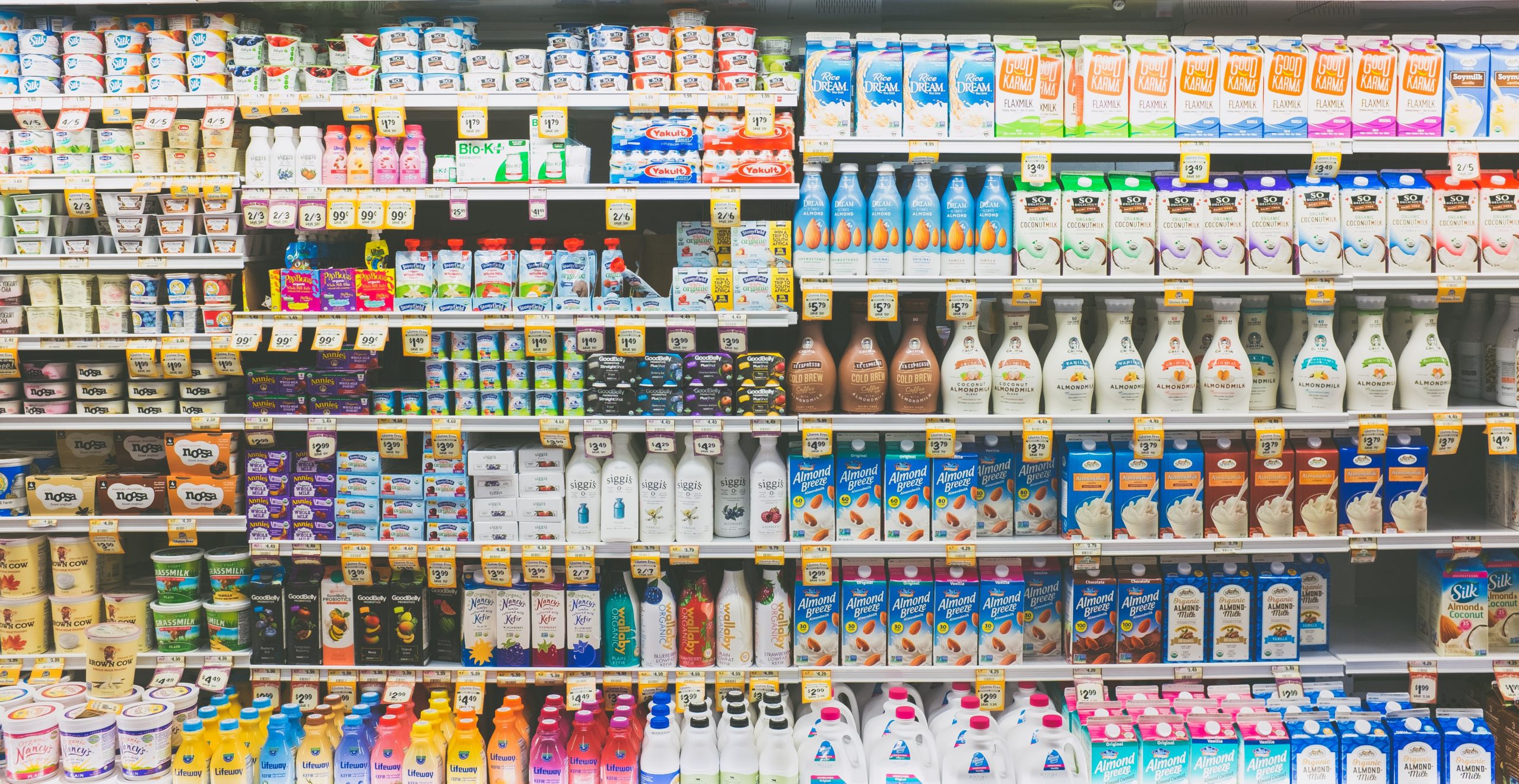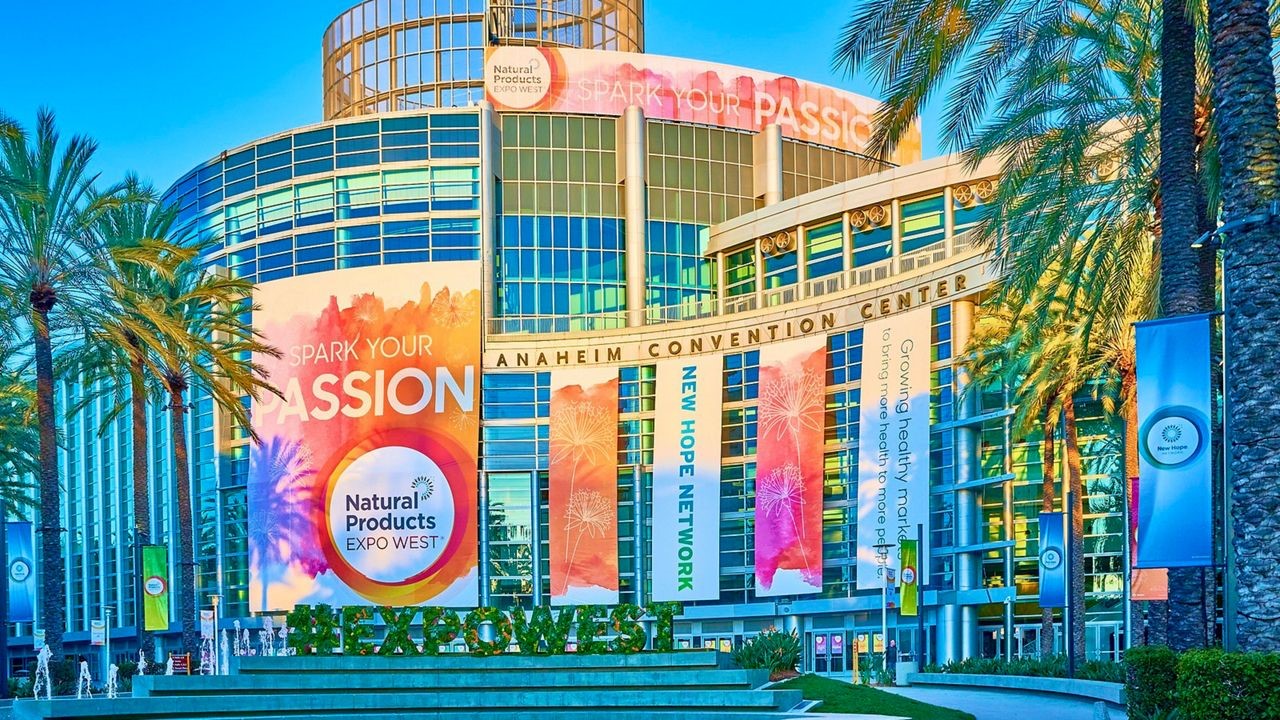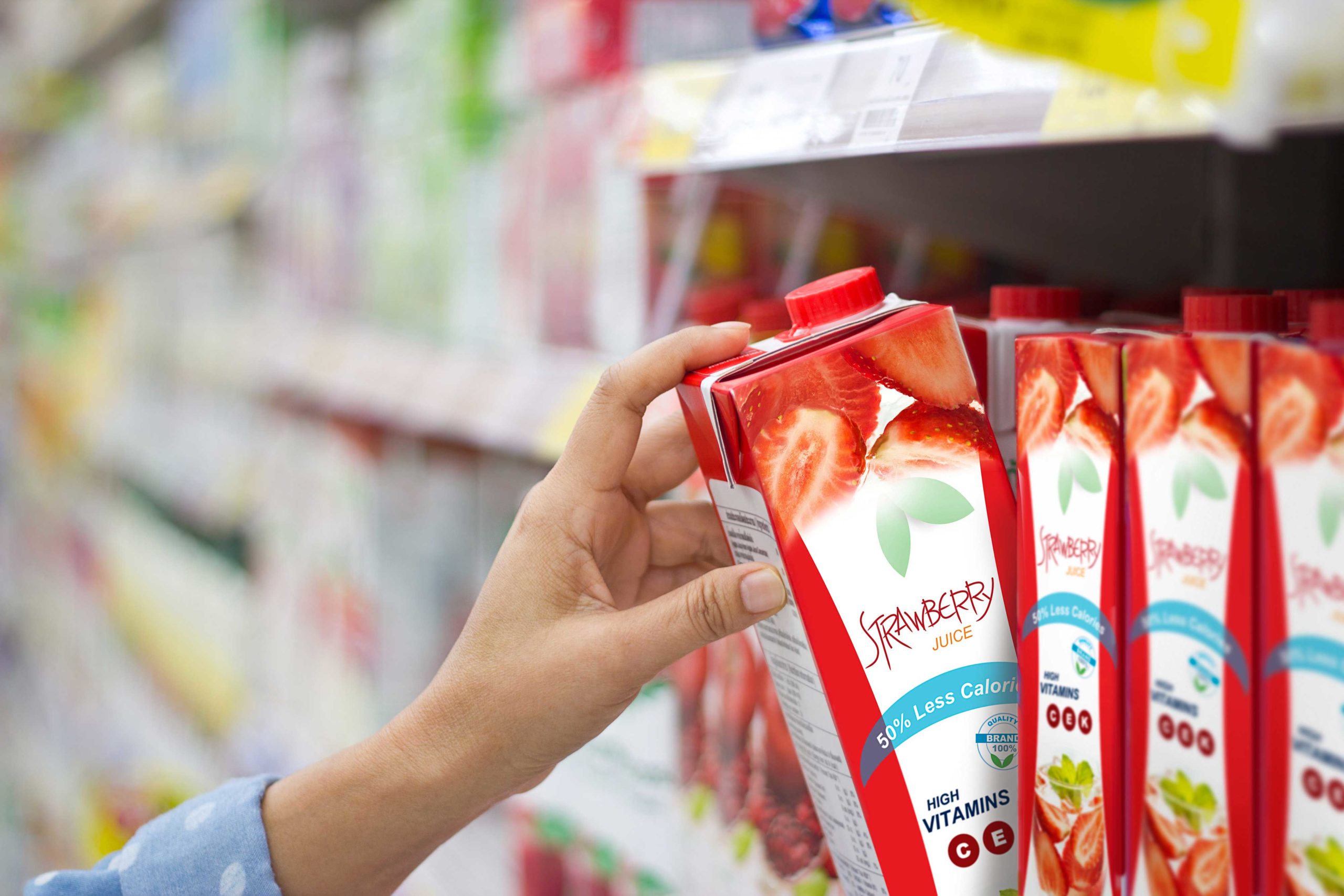Non-GMO Labeling This Year And Beyond
Ahh, GMOs. Within the last decade, they have become a huge buzzword, and for good reason. As the population has exploded in the past 200 years, so too has technology and the ways in which humans produce and consume food. Genetically modifying foods makes them easier to produce but has led to an ideological battle between those who believe GMOs are our only way forward and those who believe that they cause more harm than good.
This article is going to cover non-GMOs: what they are, how they are regulated, what needs to be done to get non-GMO label certification, and the reasons you may consider them for your own company.
What Does Non-GMO Mean?
The most fundamental definition of GMOs, or genetically modified organisms, is an organism produced through genetic modification. This usually occurs in a lab where scientists select a gene from one organism and insert it into the DNA of another organism in order to carry favorable traits from the former to the latter.
The benefit of genetic modification is that it makes it easier to produce usable crops. For example, corn can be genetically modified in a lab to resist pests and tolerate herbicides. It can even be used to make crops like potatoes bruise less easily. Interestingly, while GMOs are used in lots of human food, most GMO crops are used for animal feed.
While the use of GMOs in animal feed does not make the animals themselves GMOs, we have reached a point where genetically modified animals have become edible like the Enviro-Pig and AquAdvantage Salmon.
Is Organic Non-GMO?
It’s important to note the difference between organic and non-GMO.
You already know that the definitions of non-GMO and organic are defined by broad standards set by the USDA about how food is produced. These standards cover everything from pesticides to living conditions for animals to biodiversity.
Here’s a simple way to look at it: any product that is labeled organic is non-GMO, but not every product that is labeled non-GMO is organic.
Why Do People Want Labels
The non-GMO label is popular because people associate it with better health. Due to the debate over the health of genetically modified foods, there is a stigma around them, and a lot of consumers who consider themselves health-conscious typically support only non-GMO-labeled products.
According to the leading nonprofit in the non-GMO movement, the fact that there are no long-term studies on the effects of GMOs on humans and that the risks of them are widely unknown make GMOs too risky to consume. This large movement of people who are against the use of GMOs has emerged in the last decade or so.
While this anti-GMO narrative has become one of the most popular food movements in recent years, the FDA, USDA, AND EPA jointly claim that GMOs have no negative effects on human, plant, and animal health.
Who Provides the Label Standards and Certification?
When you find a non-GMO product in the grocery store, you’ll likely see a label from the Non-GMO Project with a small image of a butterfly on a blade of grass somewhere on the packaging.
The Non-GMO Project is the aforementioned leading nonprofit in the movement against GMOs. Instead of a government organization managing the use of the label, as is true with the coveted “organic” label, this food label is managed entirely by a nonprofit.
What are the requirements
There is a 6-step process to earning a non-GMO label from the Non-GMO Project:
- Select a technical administrator that works with the Non-GMO Project to evaluate your products.
- Sign a contract with the administrator.
- Sign a Non-GMO Project License Agreement with your technical administrator.
- Product evaluation, which may include laboratory testing.
- Verification and marketing opportunities, in which you can start using the non-GMO label and be guided in the field of non-GMO marketing by the nonprofit.
- Annual renewal. All product registrations and renewals have fees.
Why Should You Get a non-GMO Label?
Pursuing the non-GMO label is all about appealing to consumer values and choices.
So if you know that your customer base values this version of health and wellness, it may be in your best interest to get that non-GMO label. And fortunately, we’re here to work with you along the way. Contact us today to chat with our team of experts and see how we can help.
Flavor Insights believes this information to be correct. No warranty, guarantee, or representation is given or made in respect to the information provided. Flavor Insights is not in a position to validate the actual production or labeling of products. Flavor Insights recommends that all finished product labeling be reviewed by legal counsel, and finished product and label claim testing be confirmed to ensure product label accuracy.



